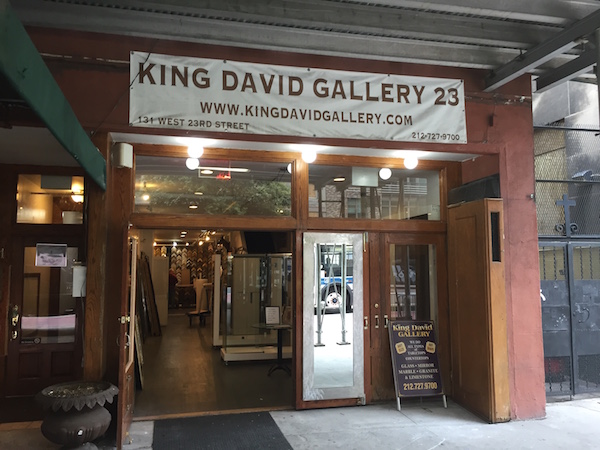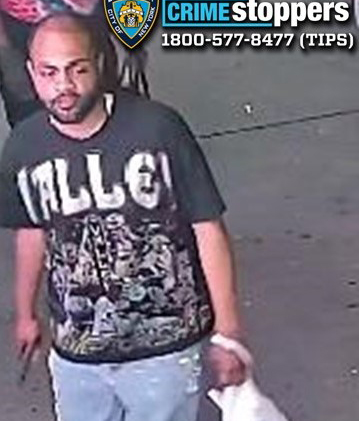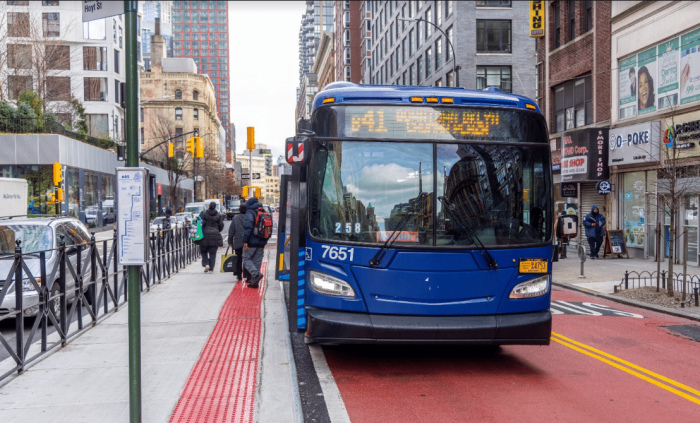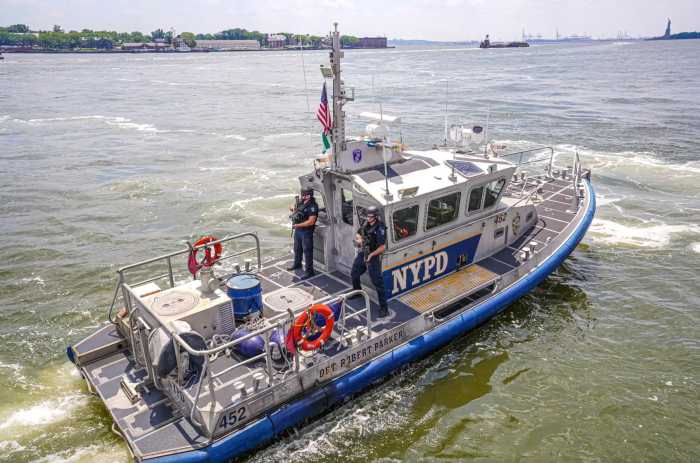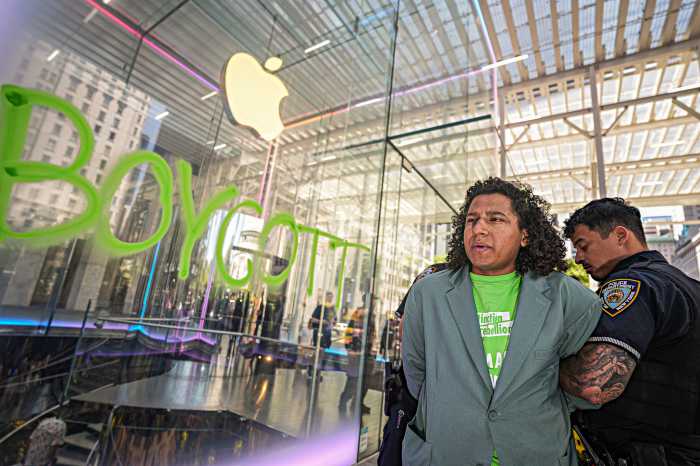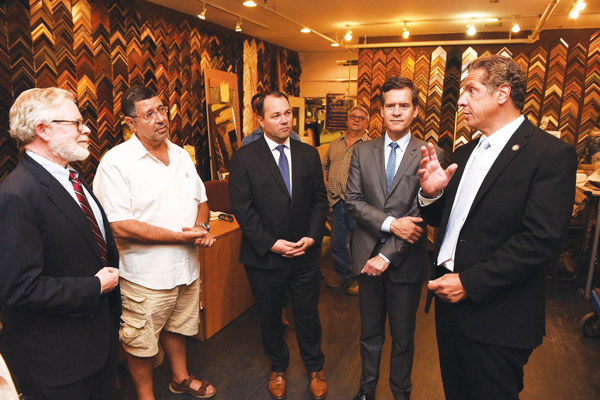
BY DENNIS LYNCH | Now that the dust has literally settled on W. 23rd St. following the Sept.17 pressure cooker bombing that wounded 31 people and caused thousands of dollars in damage, local business owners are on to the next struggle: paying for repairs and making up for lost revenue.
Patrons have returned to shop at stores, eat lunch, and hit the gym on the block, but many business owners have only begun to work through mounds of insurance claim paperwork, hoping to recoup their losses, paying for new windows blown out and merchandise destroyed in the explosion.
Governor Andrew Cuomo visited W. 23rd St. a few days after the attack to promise that the state would cover any damages that fall through the insurance cracks through a grant program, including lost wages and any other “economic injury,” according to the state Division of Homeland Security and Emergency Services (DHSES), which will administer the program.
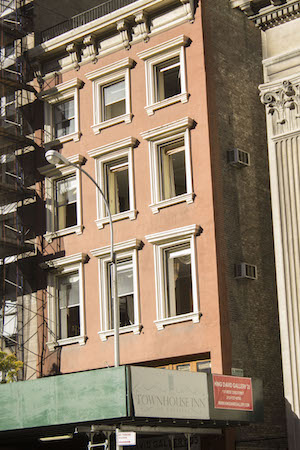
Daniel Peretz, owner of the mirror and framing store King David Gallery (131 W. 23rd St., btw. Sixth & Seventh Aves.), shook Cuomo’s hand when he visited and made his pledge. Peretz believes damage to around four dozen mirrors, framed art, lighting fixtures, and other property at his shop will amount to around $70,000-$80,000, although he has not filed his claims yet. He believes financial assistance should be available immediately for victims of terror.
“It’s a shame, they should have the fund, not work on it,” he said. “Before anything happens they should have it — what, they don’t know of the terror around the world?”
Peretz and other local business owners first must file insurance claims, then contact the Department of Financial Services, which will help determine what is and is not covered by their insurance. Then they can contact the DHSES to receive a grant to cover those losses, so long as they can prove the losses with the proper documentation. A representative could not speculate on how long the DHSES process can take.
Peretz recalled growing in up Israel where the government already had mechanisms in place when terror struck. The Israeli government has an extensive support network in place to assist victims of terror attacks from the first 24-hours, to post-traumatic counseling, to finding a new home if necessary. A number of independent agencies and charities also swoop in to assist following an attack.
Peretz told a parable to make his point.
“There is a bridge and that bridge is not built correctly, many cars fall from this bridge down and people get hurt; so the people of the city think, ‘What can we do?’ You know what they do? They build a hospital under the bridge. Is that smart?” he asked.
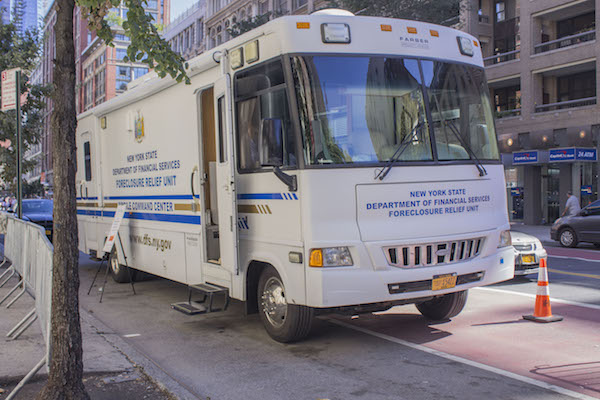
The federal government can cover damages from attacks if they exceed $5 million through the Terrorism Risk Insurance Act passed after the 9/11 attacks, when roughly $24 billion worth of property was lost. But no attack, no matter how bloody, has exceeded that threshold since then. Insurance and state assistance are the only resources that will cover damages from small-scale terror attacks like the bombings perpetrated in New York and New Jersey in September.
Lone wolf terrorists are learning from each other to go after “soft targets” — a term experts use to describe low-security, non-military targets filled with undefended and unaware civilians. Peretz said the seemingly random bombing on W. 23rd St. convinced him to add terrorism coverage to his insurance policy.
“We’re going to buy that now, but we didn’t believe it would happen,” he said. “Still, if something like this happens, the government is supposed to protect us, because its not you they are attacking — it’s the country.”
